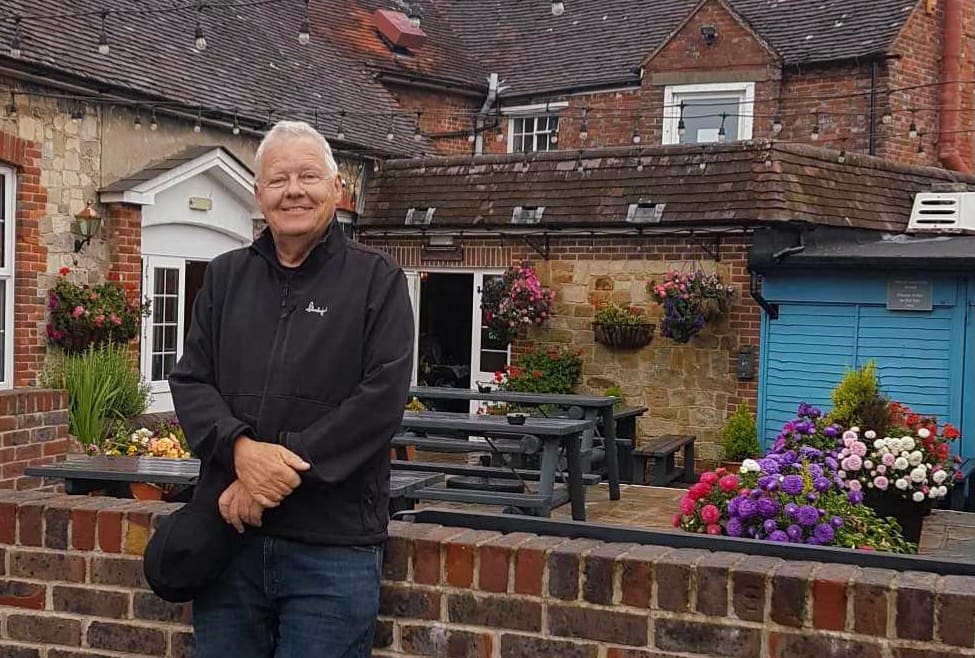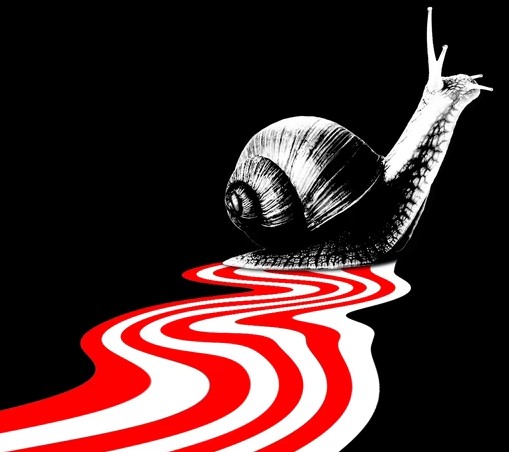It’s a funny world – the expat press.
Over here in Spain, there are a small number of both Brit free-sheets and paid newspapers, all solemnly ignored by the national advertisers. The free-sheets have more locally-sourced adverts (they have to cover their costs somehow, and the printed copy is about a euro a pop these days). Does anyone read those adverts, or simply gloss over and past them?
The pay-for newspapers can probably spend a bit more on copy and rely a bit less on promotions. I also don’t doubt but that their print-run is far smaller. One of them, the weekly Costa Blanca News, has a copy price (August 2022) of 2,70€. It’s been going since 1973. Another one, the daily Majorca Daily Bulletin, as the ‘Iberian Daily Sun’, was going as far back as 1969. The oldest of them all is the monthly Guidepost (since February 1958) out of Madrid and still ‘published continuously and unfailingly from then onward’.
I ran a weekly for a while called The Entertainer during the eighties and nineties, eventually learning that there is no honor among thieves and that it's hard to pay off a large mortgage (for printers bills) when there's nothing coming in.
An English-language daily started in Madrid called The Standard back in 1992. It was a serious 'European' kind of newspaper, priced I think at 50ptas. The paper, once again ignored by the national advertisers (they seem to prefer to go through media-buyers who then take an annual cash return called un rappel from their chosen publications), folded after just forty days.
Indeed, not only do the larger advertisers stick to the tried-and-true (did you ever see an advert for a leading car company in an expat newspaper?), the so-called institutional advertising - propaganda bought and paid for by the provincial, regional and national governments (to keep everybody in line) - never appears in the foreign-owned newspapers - English, German or Dutch. The few smaller agencies that will deal with the foreign press like to pay out typically on 120 days (the printer likes his money after 30 days).
There are quite a few of these newspapers and magazines about - some large with others being a spot more modest. On the Costa del Sol, there’s the Sur in English, a Spanish-owned freebie in operation since 1986 (it began as a couple of pages once a week in the local Spanish version, to later expand into its current dominant position). Two others of note are the biweekly free newspaper called The Olive Press which at least uses journalists and professional writers and produces some investigative journalism; and finally the downmarket Euro Weekly News (which self-importantly claims that it is known to its readers as The People’s Paper, although it’s more often referred to as The Weenie). This particular free-sheet has featured Leapy Lee among its columnists for the last twenty years or so. The notorious Mr Lee pumps out a far-right tirade about the United Kingdom each week, evidently to the approval of the publication’s readers. This paper appears to mix up its content without much attention to where or what it is on about, rarely providing much useful news about Spain, preferring to entertain the readers with a fruit-salad of filler, dogs, puzzles and lottery winners. Perhaps you read it: perhaps you wrap the fish in it.
Put it this way - you are not going to pass the current affairs test put out by the Instituto Cervantes as a step towards gaining Spanish nationality if you only source of information on this great country is The Weenie.
There are some glossy Costa magazines past and present (Lookout 1964 – 1986 was the best I think) and various what’s-on guides, plus a couple of English-language radio stations and, of course, lots of Internet news and help-pages, blogs, vlogs (video-blogs) and other sites.
All, with the exception of Business over Tapas and a few of my
fellow bloggers, decorated with endless and aggressive advertising. At least one has to patiently sit through an advert on the radio. In print, you merely skip past it.
It’s certainly true that, these days, it’s a hell of a lot cheaper putting out one’s copy there on the World Wide Web than it is taking it down to the printers, so – I dunno – perhaps at least on Facebook we could forego the click-bait?


.jpeg)















